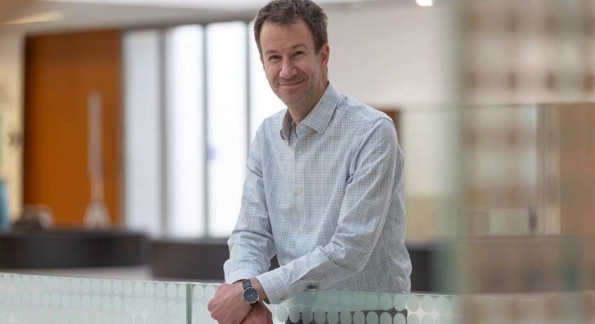
Ryan Kellogg, a Professor at University of Chicago Harris School of Public Policy, visited the NCID to give as seminar entitled "The End of Oil".
His paper predicts that global demand for crude oil will fall to near zero by the end of this century, driven by a combination of improvements in clean energy technologies and the adoption of increasingly stringent climate policies.
It analyzes what implications this decline in demand would have for global oil supply. One cause for concern is the well-known “green paradox” effect: since oil is an exhaustible resource, producers could accelerate extraction in the short term to overcome the decline in demand.
However, since increasing or even maintaining the rate of oil production requires investments in wells and other infrastructure, and since these investments can be long-lived, the opposite effect can also occur: an anticipated decline in demand causes companies to reduce their investments, thus decreasing short-term production and CO2 emissions.
He develops a tractable model that incorporates these two effects in a market with heterogeneous producers. Preliminary results indicate that, for the model inputs with the strongest empirical support, the disinvestment effect dominates over the traditional green paradox effect.






